No Rush in Ethiopia to Pry Misery from the Mirage of Capitalism
I visited Ethiopia for only three days, but that was enough for the cruelty of the system to burn my eyes. Once again I felt the pain within. Addis Ababa is under construction. You see green and yellow striped metal site fences everywhere. For me, there’s a big question whether these new buildings under construction reflect the taste, lifestyle, culture, and colors of the people living there.
“We are happy in our houses
living with our chickens,
touching the earth with our bare feet,
communing with nature.
“Why do they force us
to live on top of each other
inside those concrete boxes
rather than
improving the conditions of our own houses,
planning the city in accord with
our life styles, colors and our nature?“
Some people ask such questions, but others are content with the changes in Addis Ababa.
The city Addis Ababa is trying to modernize. But is it ignoring the texture, culture and habits in this city modernization? They’ve replaced cultural heritage with blue-glass-clad tall buildings; they’ve laid out boxlike characterless apartments; and they’ve surrounded this “modern” city with big shopping malls.
Are cities more modern when their streets are dressed with the same shops, same brands, same cafes, same glass and same concrete buildings we see everywhere?
Will the young people in cities be modernized when they wear Nike, watch MTV, drink espresso, eat pizza, wear Levis jeans, live inside concrete boxes on top of each other, and especially, will they be modernized when they get access to internet and carry mobile phones?
How and when does the transformation begin, from your unique lifestyle to the sameness imposed by capitalism for the sake of modernization? Who will draw the lines and when, in spite of whom, and how much will be openly discussed and for whose sake?
Just as we accept the impositions upon us, how do we relieve ourselves of the guilt? Is it by pretending to be sorry when we see those who are in worse conditions than we are? Or is it by sending donations through our mobile phones to help solve one problem because we feel truly touched?
The contradictions in Ethiopia are tangled, and no dialectic solution of any kind has developed from them. On the streets of Addis Ababa you can see people lying and sleeping in the mud, without even a piece of newspaper beneath them, while just a few steps away the flamboyant shop windows of the tall concrete shopping centers rise above them.
Everything you see makes you feel
as if you are traveling through time,
and sometimes you feel
as if you are existing in different time periods…
sometimes the present,
sometimes the past…
sometimes you feel the ground
slipping from under your feet
and you find yourself
hovering over timelessness.
Not being sure of
which period of time…
Crude sheds made out of two to three battens or flattened-out oil tins and inside of them those who are living to survive. When it rained, it was impossible to take a single step without being covered with mud inside those sheds…
Staying there for three days is enough to understand that the biggest problem of those who live in Ethiopia is survival.
Three days becomes three years;
three centuries. Yet,
time does not
rush in Ethiopia.
Just like time,
freedom does no rush there either.
Censorship, fear, uncertainty permeate the air.
When you breathe
you inhale the uncertainty and
insecurity mixed with oxygen.
When Ethiopians make any negative comments on the political governance of Ethiopia, they don’t want their names to be mentioned for security reasons. It’s not that difficult to learn that there are many journalists, writers and activists who are lost.
It startles you to learn that, before being put on trial, some journalists and writers received conviction letters sent to their homes by the court. It seems the people there have become inured to many things that can confuse you… in spite of everything, they are obliged to be inured to…
In Ethiopia,
just like the time and
just like the freedom,
there is also no rush to defend yourself either…
in order to protect itself,
the system has taken all the precautions in spite of you or
for the sake of you or
from time to time by destroying you.
The law is in no rush at all in those lands.
Young people, writers, artists, activists do their best to struggle at the cost of their lives .… “When we try to find bread to live and when the majority do not have enough money to buy the only existing weekly newspapers, tell us, which freedom is left to discuss?” The number of those who think this way is quite high in Ethiopia.
Feeling sorry yet still drinking from bottled water while witnessing little little children drinking the dirty water after washing their faces from the large rusty tin cans that are present in front of the sheds that they call their home…just like the times when human zoos existed…
If you haven’t been in public toilets where there are no taps or flushes but just plastic barrels placed outside with small rusty tin cans inside to take the muddy liquid to use as water, if you never had another chance but to sleep on mud inside a shed or carry the constant fear of hunger for days, then, giving advice to those people who live under such circumstances from wherever your standing point is nothing but a cruel masturbation.
If you have a bit of heart, a bit of empathy, then it is inevitable for you in Ethiopia to perceive how villainous the grinds of the capitalist system can become. You notice the MTV channel projected on the wall of a newly-constructed concrete building, and just next to it only the uncertainty visible in the eyes of children with bare feet who most probably will never have the chance to go to school…
For me Ethiopia depicts how brutally people can be tamed with hunger so that in other places, elsewhere, far far away, some who lack a conscience will become a bit richer and get the power to control.
Editor’s Notes: Meltem Arikan is a Turkish novelist and playwright. Her fourth novel, Yeter Tenimi Acitmayin (Stop Hurting My Flesh), was banned in early 2004 by the Committee to Protect Minors from Obscene Publications, with the accusation of “Writing about the non-existent fact of incest in Turkey and attempting to disturb the Turkish family order with a feminist approach.” The ban was lifted after two months and Arikan has been awarded the Freedom of Thought and Expression Award 2004 by the Turkish Publishers’ Association. In June 2013, Arikan went through a vicious, life-threatening campaign in her country because of her most recent play, Mi Minor, which was accused by pro-government TV news channels and newspapers of being rehearsals for the Taksim Square and Gezi Park protests. Photographs one, five, six, seven, eleven, and twelve by Julie Vaccalluzzo. Photographs two, three, four by Irene. Photographs eight, nine, ten, thirteen and fourteen by Mo2She.
Related Articles


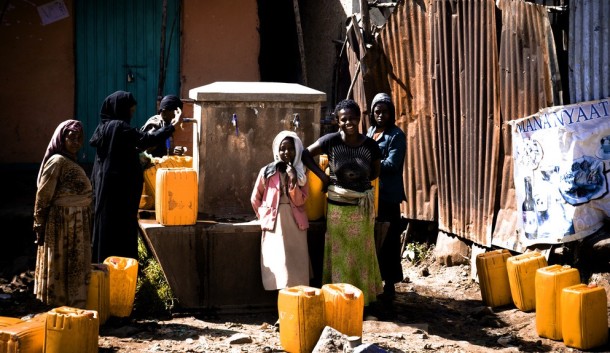
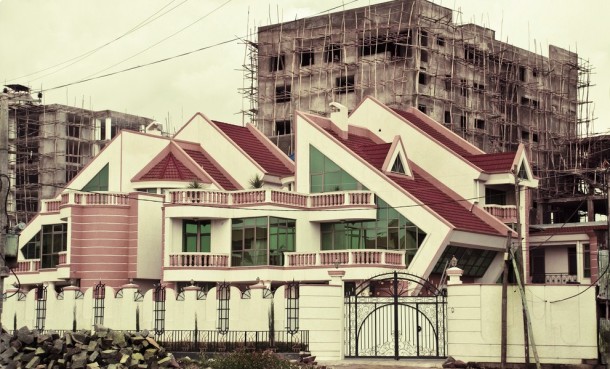
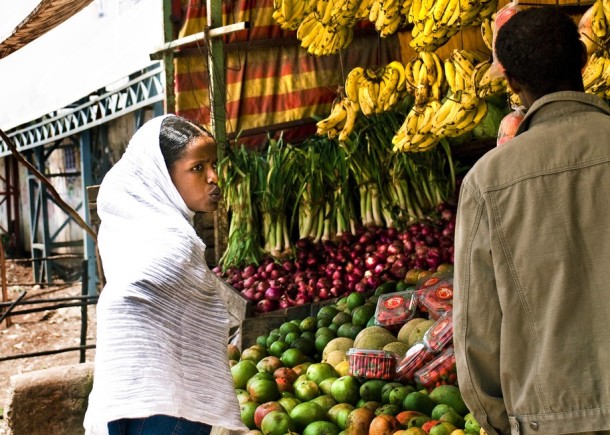
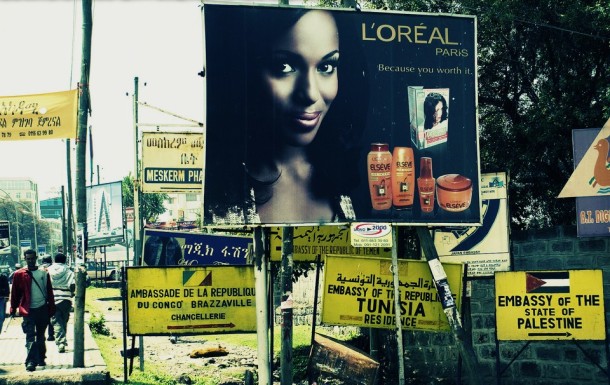
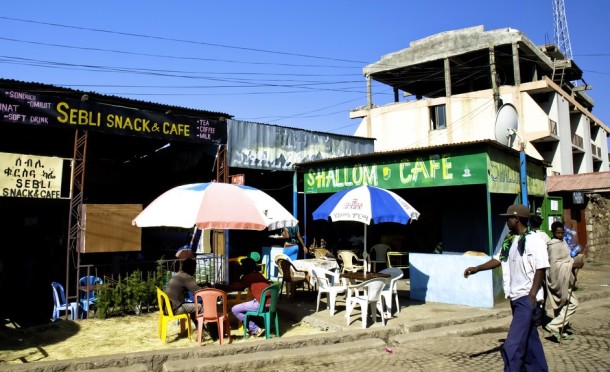
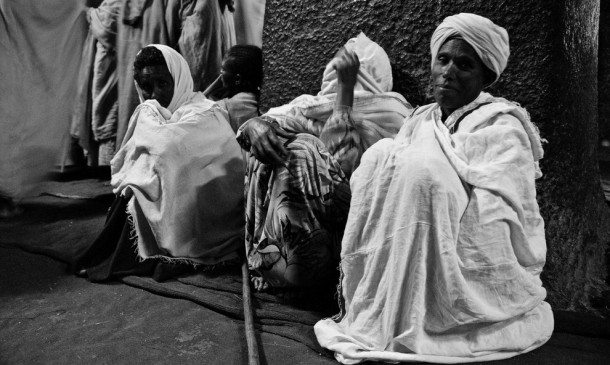
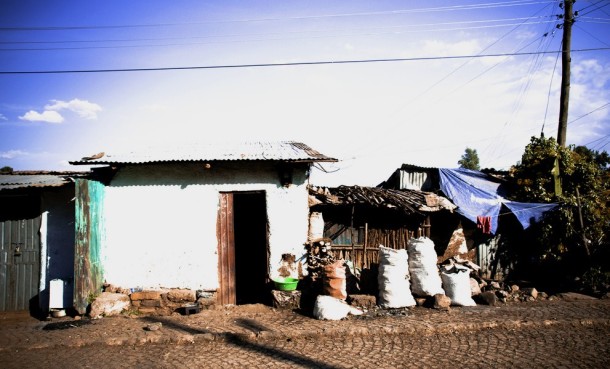
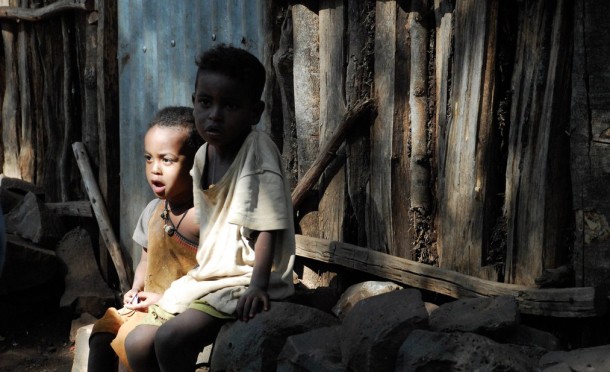
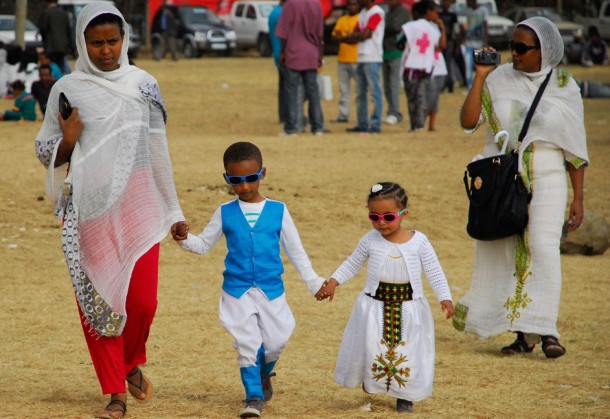
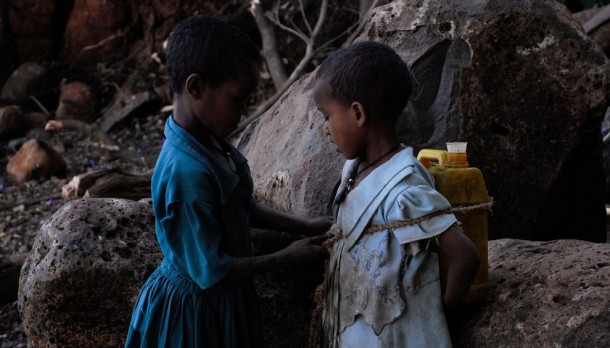
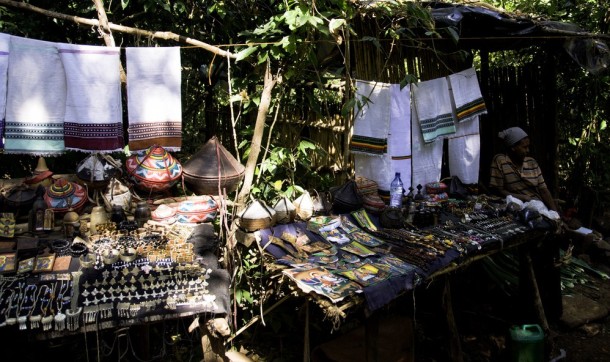
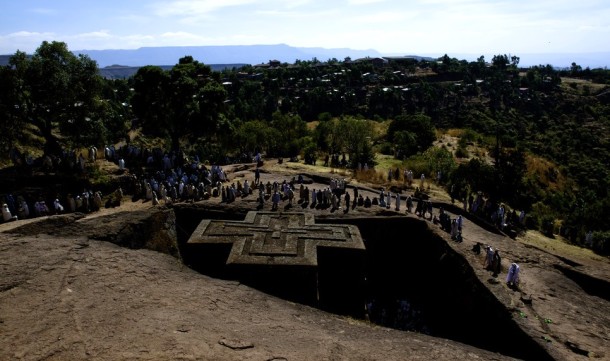
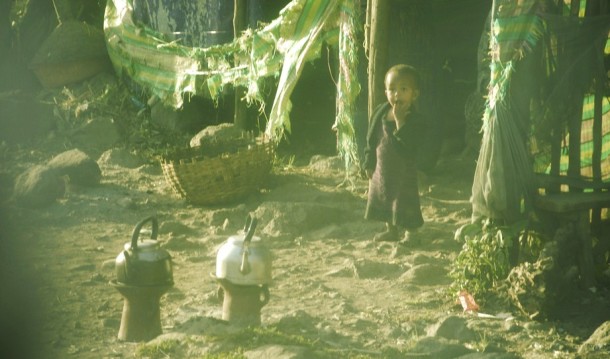
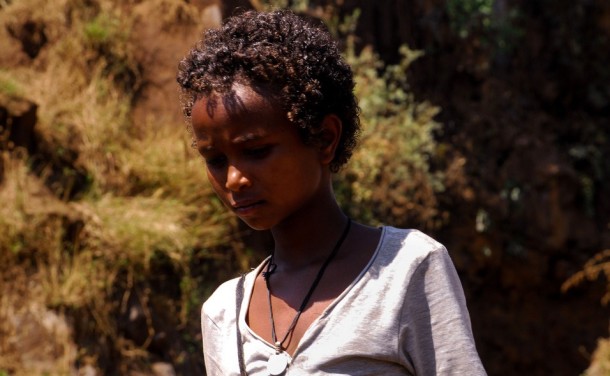











7 Responses to No Rush in Ethiopia to Pry Misery from the Mirage of Capitalism
You must be logged in to post a comment Login